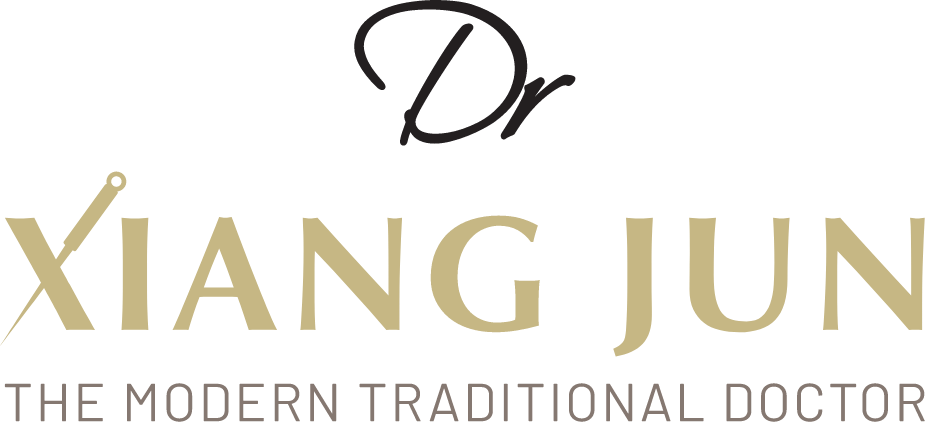Scientific Proof to How your Body react to Acupuncture - Frozen Shoulder
Regular frequent sessions of Acupuncture can treat frozen shoulder.
Frozen shoulder (FS) is also known as “adhesive capsulitis” or “periarthritis”. It is a condition that is especially common around the age of fifty. The condition presents itself as an unexplained pain, stiffness, and limitation in the active and passive range of motion (ROM) in two or more planes and can lead to a progressive loss of shoulder function. The pain will usually increase at night and can affect sleep quality.
The causes of FS are largely unknown. Until today, there is still disagreement inside the medical community upon which treatment is the most effective in terms of reducing pain and restoring ROM for FS.
Some of the common therapies of this disorder consist of analgesic and anti-inflammatory medicines, massage therapy, heat therapy, ultrasound wave therapy, chiropractic techniques, and using stretch and isometric exercises and physiotherapy. Also, surgery methods and anesthesia manipulation, Intra-articular injection of corticosteroids and neural blocking of suprascapular nerve, are other approaches to heal the frozen shoulder.
Acupuncture is mainly widely used in Asia for managing a variety of conditions, including cardiovascular diseases, infertility, pain and mental health. According to a meta-analysis of chronic pain, the effect of acupuncture did not decrease significantly over 12 months. It is therefore worthy to note that acupuncture is able to treat frozen shoulder and manage the pain from the condition.
Below are some of the scientific papers that support Acupuncture treats and cures frozen shoulder.
Conclusion: Acupuncture had shown to be a safe treatment with a significant effect in regard to reducing pain, improving shoulder function, and flexion ROM in the short term and midterm.
Conclusion: Electroacupuncture was found to be an efficacious method for treating frozen shoulder in this review. The meta-analysis showed that electroacupuncture led to a greater reduction of frozen shoulder pain and a superior degree of functional improvement in frozen shoulder patients.
Conclusion: Acupuncture causes improvement of all movements of the shoulder. The VAS index had improved after 3 months after remedy comparing to the control group, and eventually acupuncture can be offered as a method to improve the movement of the shoulder in patients suffering from frozen shoulder.
Further reading:
Everything you need to know about Acupuncture
Scientific Proof to how your body reacts to Acupuncture - Eczema
Scientific Proof to how your body reacts to Acupuncture - Plantar Fascitis
Scientific Proof to how your body reacts to Acupuncture - Sinusitis
Scientific Proof to how your body reacts to Acupuncture - Snoring
Scientific Proof to How your Body reacts to Acupuncture - Stress Management
Scientific Proof to How your Body reacts to Acupuncture - Sciatica
Scientific Proof to how your body reacts to Acupuncture - Neck and Shoulder Aches and Pain
Scientific Proof to how your body reacts to Acupuncture - Urinary Incontinence





